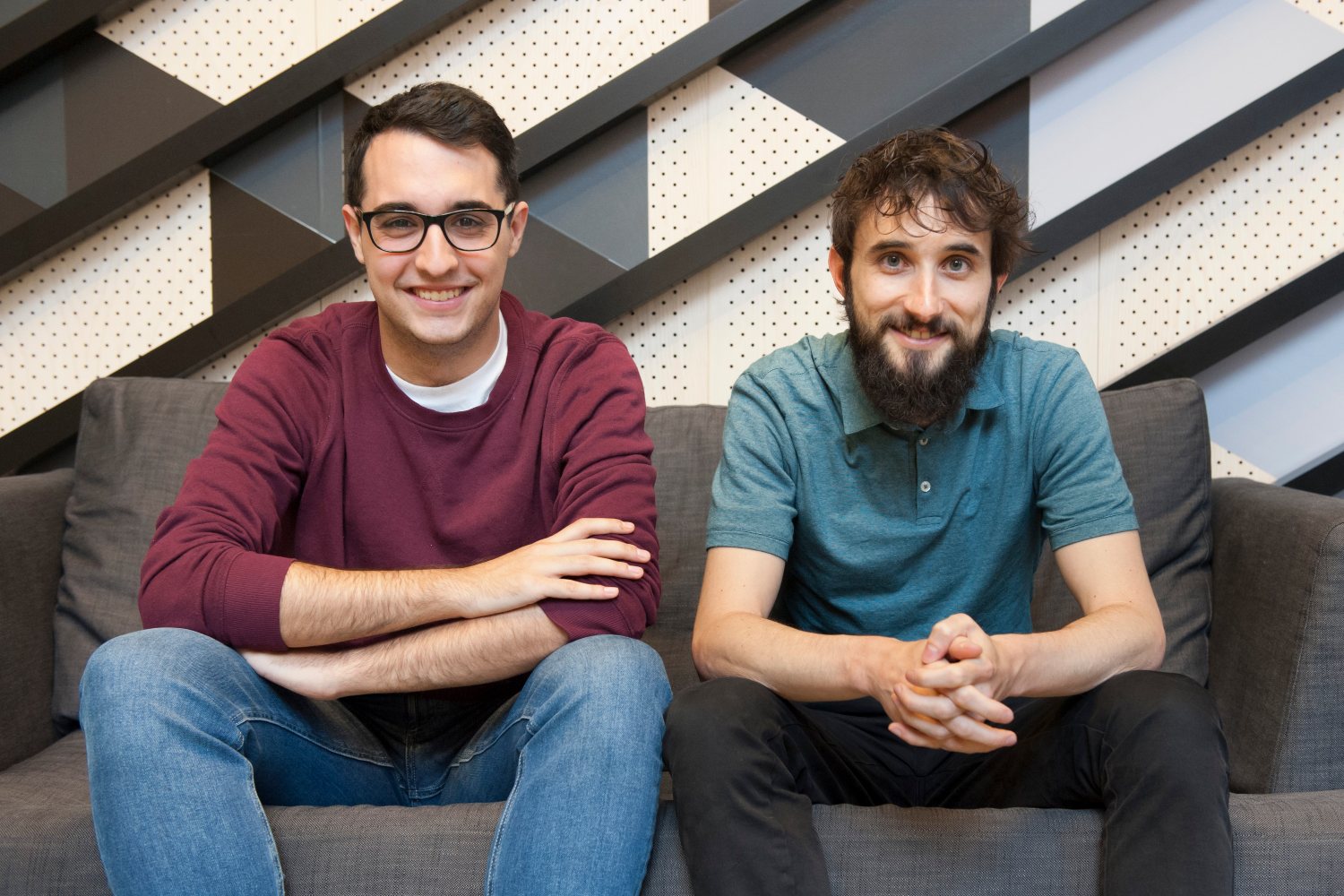Frontity announced that the company was acquired by Automattic, the parent company of WordPress.com, WooCommerce, Jetpack, Tumblr and more.
As part of the acquisition, the entire Frontity team, including co-founders Pablo Postigo and Luis Herranz will join Automattic. The team will contribute to the WordPress open source project with an emphasis on frontend tools, performance, and helping to improve the developer experience with blocks and themes.
For the past two years, the startup has been working on Frontity Framework, an open source React-based framework for WordPress which allows developers to easily take the best parts of both technologies for building websites. Automattic’s 2020 investment in Frontity opened the doors for discussions about Frontity joining Automattic.
“After a series of conversations, Automattic offered to sponsor our team to work on the WordPress open source project, and more specifically, to help improve the full site editing developer experience,” says Frontity CEO and co-founder Pablo Postigo. “We saw this as a huge opportunity for our team to make a more significant impact in the long term, and decided to go for it.”
As a part of Automattic, Frontity expects to bring the team’s knowledge of frontend tooling, performance and developer documentation, as well as their expertise in developer and user experience to a wider audience of WordPress developers.
“I’m really impressed with the effort and care the Frontity team has put into their work over the years. We are at the cusp of exciting new opportunities with Gutenberg and I cannot wait to start collaborating together on making the experience of developing with it a joy to behold,” says Matías Ventura, member of the developer experience team at Automattic and lead architect of the Gutenberg project in WordPress.
“By joining forces, we have the chance to help improve the experience for all developers who want to use WordPress, not just those who want to use it as a decoupled CMS. We believe this move is not only a big step forward for our team, but also for the WordPress ecosystem,” adds Luis Herranz, co-founder and lead developer of Frontity.
The team will apply lessons learned from their work with the Frontity Framework to WordPress. In particular, they will explore ways to improve the developer experience with blocks and themes and make WordPress sites more performant. While decoupling is not a main goal of the WordPress open source project, both the Automattic and Frontity teams agree that supporting this space and having first-class features and tools is important.
Frontity Framework will continue to live as a free, open source software project. Since the team will be focused on new responsibilities, they won’t have the bandwidth to fully dedicate themselves to the development and maintenance of the framework. To facilitate its continuity, they are helping to transition it to a community-driven endeavor.

